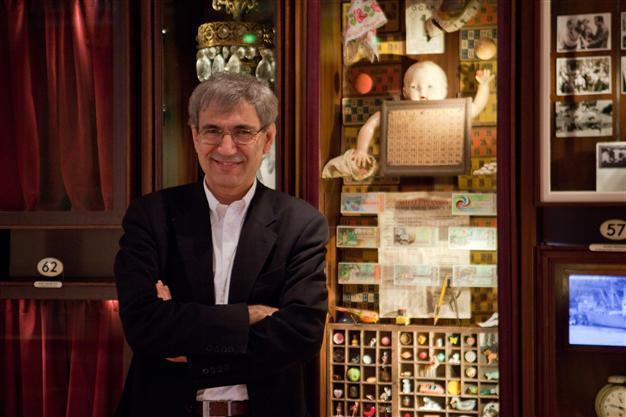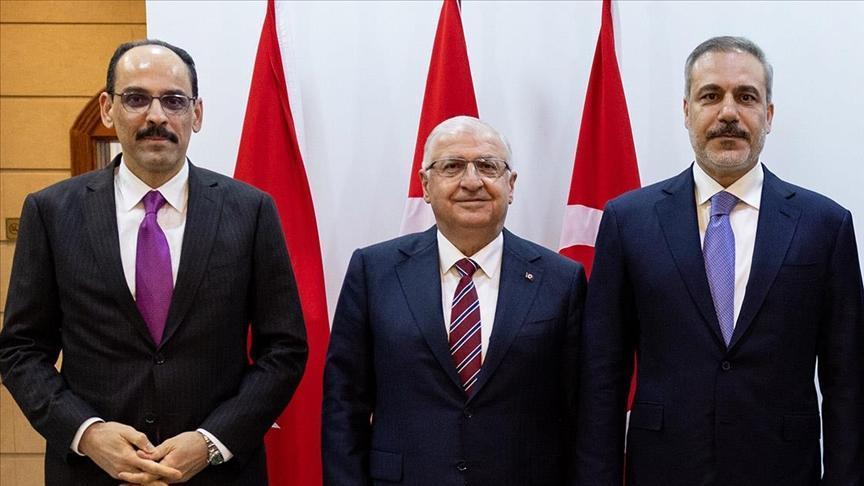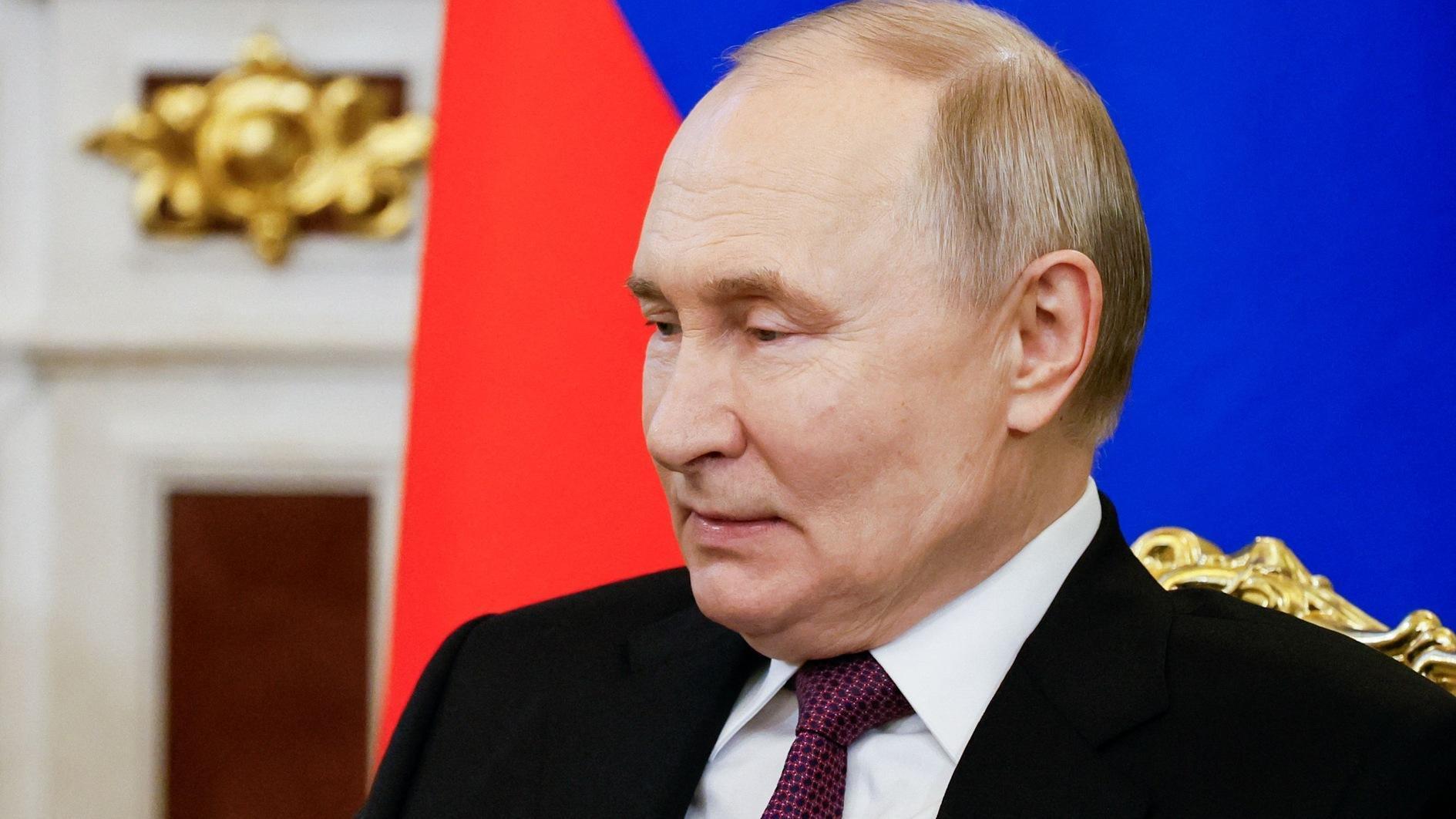Impossible not to criticize Turkish government, Nobel laureate Pamuk says
LYON

Orhan Pamuk criticized the government’s handling of the mining disaster in Soma, which cost the lives of 301 workers.
Turkish Nobel laureate writer Orhan Pamuk has denounced the negligence of officials regarding last week’s mining disaster in Soma, adding that it was difficult not to criticize the government over its restrictions on freedom of speech.“The way [the government] acts, the way it has banned YouTube and Twitter is authoritarian. It is impossible to be honest and not to criticize this government. Especially, what it has done regarding human rights, freedom of speech and the control of media [is terrible],” Pamuk told French radio France Inter on May 21.
Pamuk, who was in Lyon to promote the French translation of his first novel, “Cevdet Bey and His Sons,” has added his voice to the government’s critics over its handling of the mining disaster that cost the lives of 301 workers, according to official figures.
Asked about the recent disaster, Pamuk said freedom of speech had become so restricted that even questioning the condition of workers was impossible.
“Three-hundred, perhaps 400 people died at the Soma mine due to the huge negligence of the government. Human life is very cheap in Turkey. There is not enough freedom of speech to criticize the ideology of privatization and the poor conditions of workers,” Pamuk said.
The acclaimed author also denounced Prime Minister Recep Tayyip Erdoğan’s stance. “The prime minister uses a very harsh rhetoric. But despite all that, around 45 percent of electors voted for this government during the [March 30 local] elections. This makes the political situation more complicated,” Pamuk said.
Pamuk also said he was not as much of a committed supporter of Turkey’s accession to the European Union as he was in the past. “The EU has turned in on itself, the idea has disappeared,” Pamuk said.
















